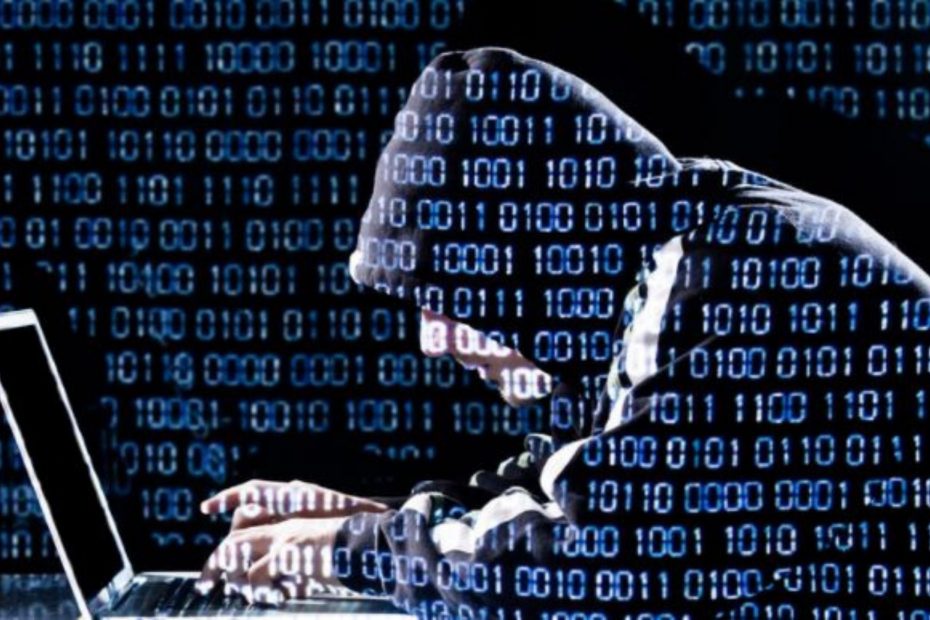Hackers are becoming a bigger problem all the time as they keep on finding new ways to steal information, money, and online identities. This can be attributed to average internet users not knowing how to protect themselves, or thinking that there’s nothing they can do with all the endless stories on the latest hacks.
You can protect yourself from hackers and online threats easier than you think. You won’t need elite levels of computer knowledge and, better yet, you don’t have to wear an earring like Hugh Jackman’s hacker character in Swordfish.
Worst. Earing. Ever.
Protect yourself from hackers and online security threats
Protect yourself against botnets
Botnets are viruses on computers which allow hackers to remotely control your computer. Yes, you read that sentence correctly: Your computer could be controlled, without your awareness, via a virus downloaded onto your computer. The
The best way that you can protect yourself from hackers that do this is with antivirus software programs. You can read reviews of the best, but the standards have been Kaspersky, and McAfee for years and years.
The next best option is to make sure that your browser and operating system are updated every time there’s a new update available. Most updates these days are specifically for security purposes as new vulnerabilities are discovered.
As you can see, your online security and protection from hackers starts with YOU. There’s no magic button you can press for someone to come save you. Keep reading and let’s keep working at protecting you from hackers.
Better create, manage, and use passwords
When I was young and foolish I used the stupidest passwords. I was never guilty of using ‘password’ as my password, but I still had the habit of using one word and using it EVERYWHERE. Smart password use involves using different passwords for everything you sign into, and making sure that they’re at least 12 characters long.
How you’ll do this effectively is by using a password manager. There are many on the market right now, but all will do the same basic thing:
- Create random passwords
- Store them behind encryption
- Enter them for you securely
All you have to do is remember a master password to get into the account. Make sure that this is a long, complex password as well. Actually, the word ‘password’ should be thrown out. You need a passphrase, which can be a whole sentence that uses upper and lowercase, as well as symbols and numbers.
Use a VPN to protect yourself further
 A
A
Not only are VPNs useful on public WiFi, but they can completely encrypt your entire online experience. It’s like being a hacker, except all you have to know is how to click a button to turn it on. We review some of the simplest and best VPN software in this review if you want to learn more about how easy it is to use a
Don’t be yourself
Sorry to moms and afterschool specials, but being yourself online everywhere can get you hacked. Usernames are often the most easily guessed of the login details as they are commonly your email address.
Creating another alias, or using more than one email address, can help you break up your online identity so that one username being guessed doesn’t take down everything about you online.
The other part of not being yourself involves not using easy to figure out details in your password recovery questions. Your mother’s maiden name? A hacker knows how Facebook works. The street you grew up on? Come on! Facebook! Favorite song? You’ve been posting that since Myspace…
Use two-factor authentication
This can be a tricky proposition as not everyone wants to freely give out their cellphone number, I’m one of those people, but it can be used to help you better secure some of your accounts. I wouldn’t personally give my cellphone number out to every website that asks for it for verification purposes, but here’s a list of the most trusted 2 step authentication websites.
How they protect you is by sending you a new code every time you log into a website from a new computer. You enter this code after entering your password during a normal login. This code is sent to your phone ,or email address in some cases, so that hackers who get your password still can’t get access.
Tweet
Feature image via Benoit Daoust / Shutterstock

